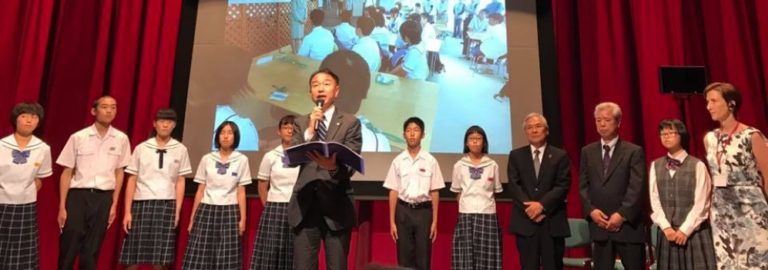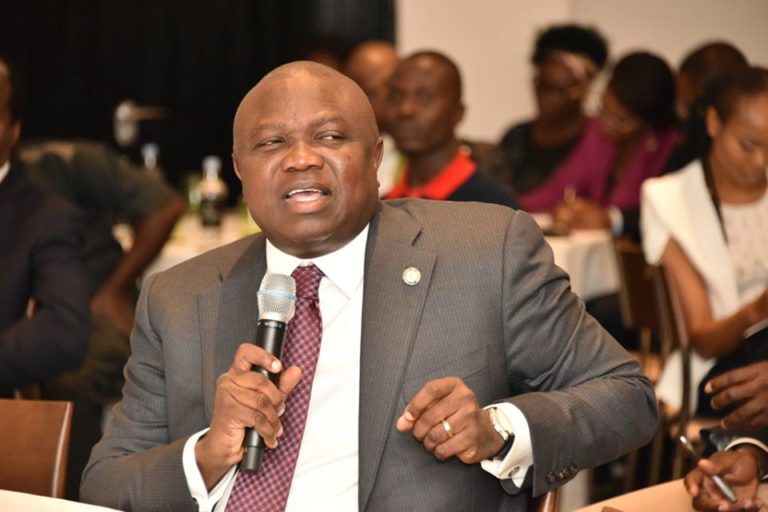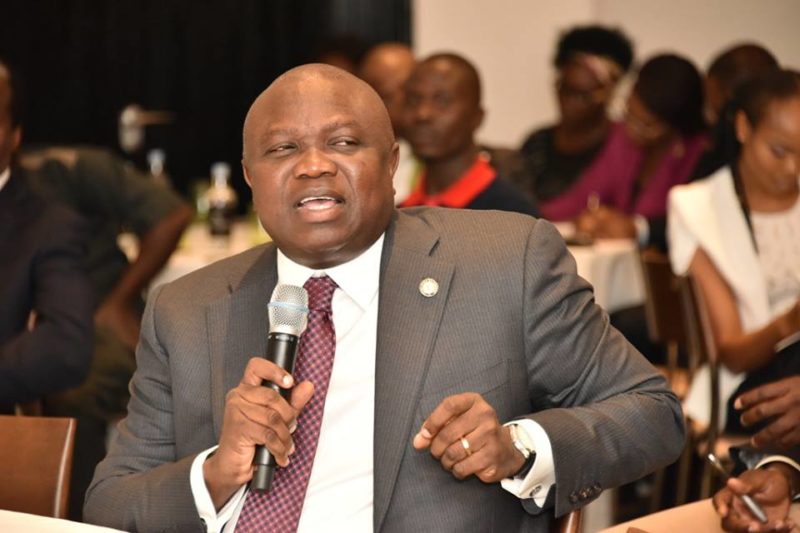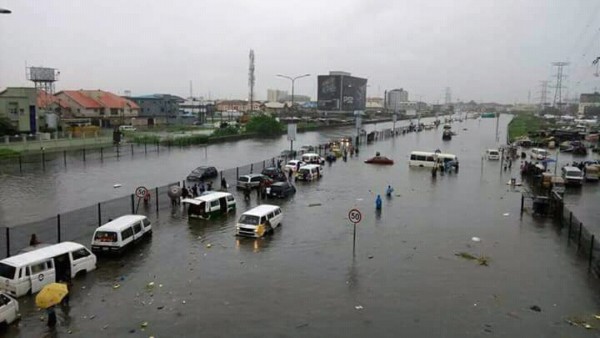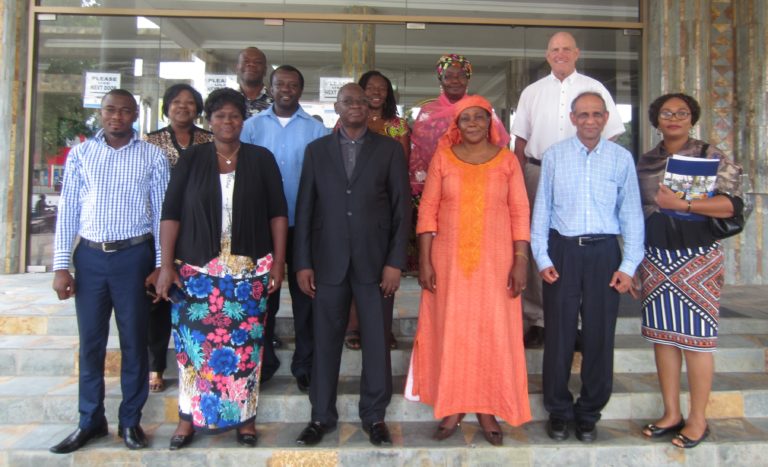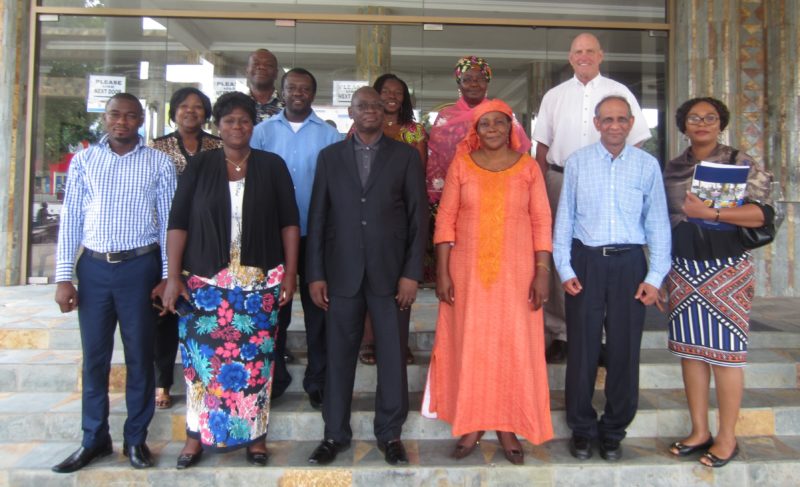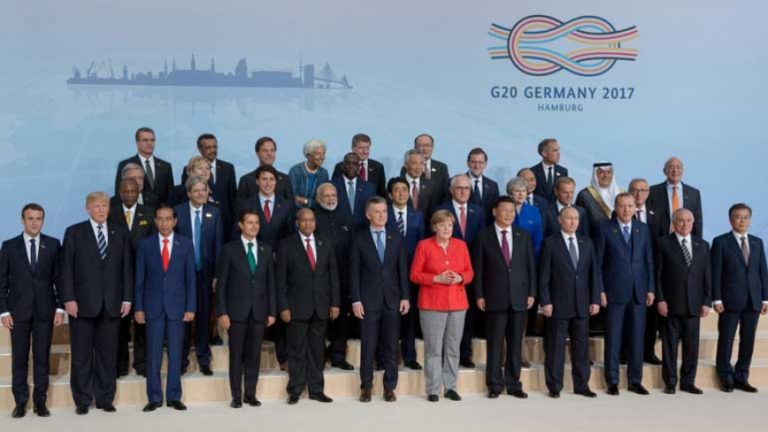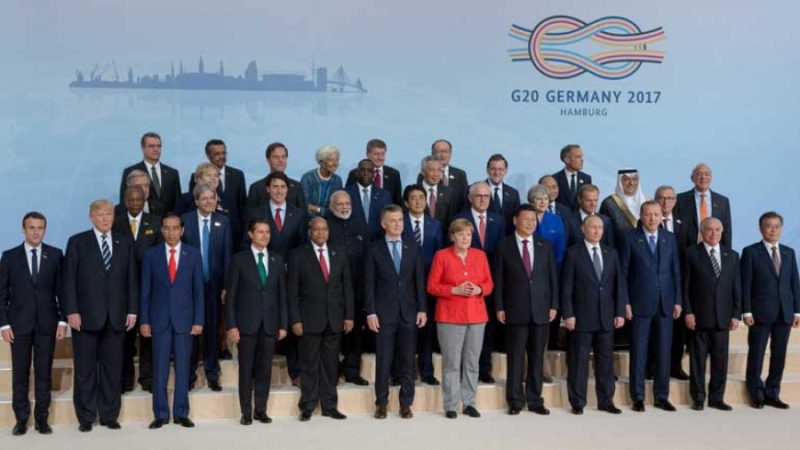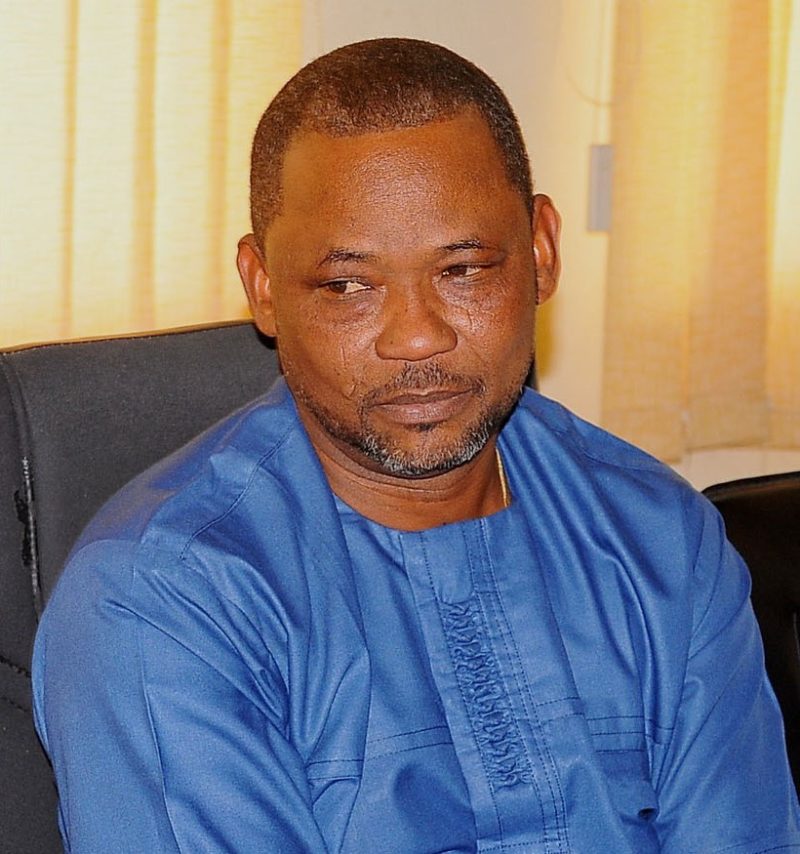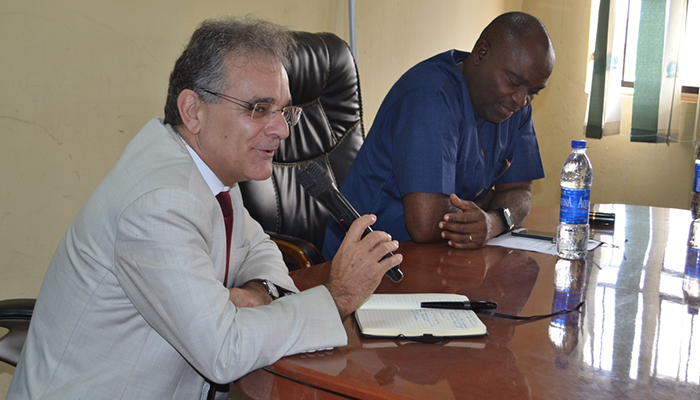One spring day just over 60 years ago in southern Japan, a young girl was brought to hospital by her anxious parents. She could barely walk, was slurring her words and was hit by convulsions and seizures. Days later, her sister was also admitted with the same symptoms, and that was followed by a neighbour, and then dozens more people.
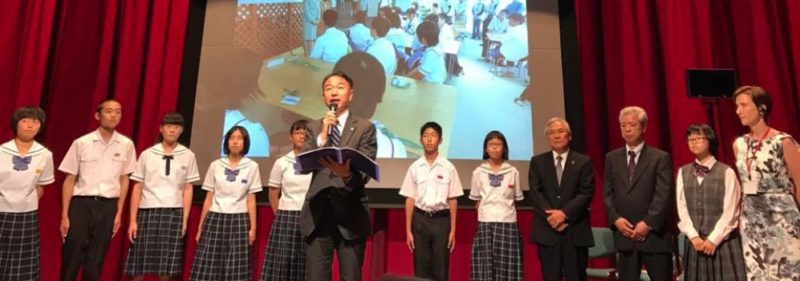
The town of Minamata was then gripped by an unexplained epidemic of a condition that ravaged the central nervous system. Doctors saw numb limbs twisted in pain, loss of speech, and then, all too frequently, coma and death. Animals were also hit: birds had fallen from the sky and cats were gripped by convulsions – even leading to some calling it “dancing cat disease”.
Upstream, one of Japan’s most advanced factories had been dumping chemical waste into the bay. A sludge containing mercury had been consumed by fish and shellfish, and from there had enetered into the food chain and the staple, protein-rich diet of the coastal communities. It was several years before the precise cause of the epidemic was identified, but not before hundreds of lives were lost.
The Minamata incident will go down in history as one of the worst-ever industrial disasters, with the town giving its name to the crippling, deadly condition – and therefore associated with disease and death.
But 60 years on, it’s suffering and stigma is being transformed into action: the entry into force of the Minamata Convention. This is a global treaty to protect human health and the environment, and something that will help prevent a repeat of Minamata’s suffering. It is the first new global Convention on environment and health adopted for close to a decade, and will tackle the entire life cycle of mercury, considered by the World Health Organisation (WHO) as one of the top 10 chemicals of major health concern.
The Minamata Convention entered into force on Thursday, May 18, 2017, thanks to a rash of ratifications that triggered the development, having garnered the required 50 ratifications. On that day, the EU and seven of its member States – Bulgaria, Denmark, Hungary, Malta, the Netherlands, Romania and Sweden – deposited their instruments of ratification at the UN Headquarters in New York, bringing to 51 that day the number of future Parties.
To commemorate the historic step, United Nations Environment Programme (UNEP), Ministry of the Environment of Japan, Kumamoto Prefecture and Minamata City on Saturday, July 1, 2017 held an event tagged: “Celebrating Event for the Minamata Convention on Mercury – Voice from Minamata towards the Entry into Force” in Minamata City, Kumamoto, Japan.
The event included the first part with the video letters from overseas and the declaration by the Junior High School students in Minamata City calling for the global attention. In the second part, Mr. Fernando Lugris, the Chair of the Intergovernmental Negotiating Committee on Mercury, delivered a commemorative speech followed by the “Minamata Talk” lead by Mr. Hiroshi Nishida, Mayor of Minamata City.
In August 16 2017, the convention will officially take effect, and the first Conference of the Parties to the Minamata Convention (COP1) – aimed at “Making Mercury History” – will follow on 28 and 29 September in Switzerland. It will oblige governments to reduce mercury use, clean up contamination sites, and ensure health care for victims of mercury poisoning.
But why is continued action even necessary? Surely a problem from the middle of the last century has been resolved by now. Regrettably, this is not the case, and hence the need for a coordinated, global approach.
In developing countries across the globe, mercury is being used in small-scale, artisanal gold mining – and incidences of mercury poisoning, including the horrific conditions of the children poisoned in Minamata, are being reported today not too far away in the Philippines.
Mercury can also be emitted from coal-fired power plants, adding another dangerous element to the already suffocating pollution suffered in many cities of the world. It can be spewed out by the incineration of waste, and be transported over distances far removed from its original emission source. It’s even been used in dentistry – for fillings – and cosmetics, such as the skin lightening soaps and creams popular in Asia and Africa.
There’s no safe level of exposure, and everyone is at risk because the dangerous heavy metal has spread to the remotest parts of the earth and can be found in everyday products. Children, newborn and unborn babies are most vulnerable, along with populations who eat contaminated fish like the original victims of Minamata. Then there are those who use mercury at work, and people who live near of a source of mercury pollution or in colder climates where the dangerous heavy metal tends to accumulate.
The fact is that we don’t want to live in a world where putting on makeup, powering our phones and even buying a wedding ring depends on exposing millions of people to the risk of mercury poisoning. In addition, we have solutions that are as obvious as the problem itself. There are alternatives to every single one of mercury’s current applications, such as newer, safer industrial processes.
The convention shows that big and small countries can all play a role – as can the man and woman in the street, just by changing what they buy and use. And that will be a fitting tribute to the victims of Minamata.
The Convention was adopted at the diplomatic conferences held in Minamata City and Kumamoto City in October 2013.

